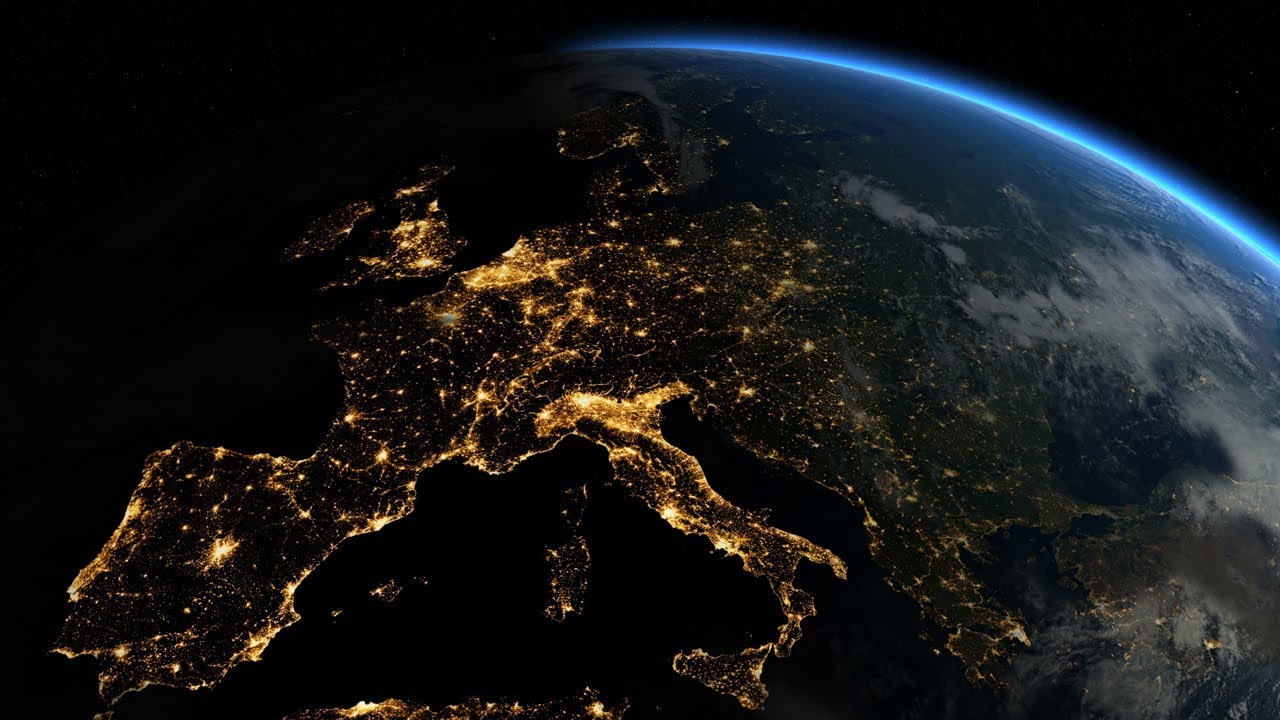The word for “world” in Greek is cosmos or κόσμος. Jesus and St. John the Apostle seem to say contradictory things about loving “the world.” Arguably, the most famous Bible passage of history is when Jesus says: For God so loved the world (κόσμον) that He gave His only Son, that whoever believes in Him should not perish but have eternal life.—John 3:16. However, this seems difficult to reconcile with what the Holy Spirit later says through St. John in one of his letters: Do not love the world or the things in the world. If anyone loves the world, the love of the Father is not in him.—1 John 2:15.
We must ask: Are we to love the world or not? Most Catholics today say we are supposed to love the world since Jesus did. But then what do they do with the above command to not love the world or the things in the world? Unfortunately, the latter quote is ignored by many celebrity evangelists today who hold that loving the world makes them a bridge for others to go from the secular world to a Catholic world. Such Catholics seem to believe that evangelization has to be “relevant.” In doing this, many of them get enamored with world and the flesh and the devil. Do they not know that the end does not justify the means, even if that end is evangelization?
Therefore, a theological distinction must be made. I believe it is this: We are called to love individuals (both our friends and our enemies) living in the world for the sake of God (propter Deum, as St. Thomas Aquinas writes.) By God’s grace, we strive to live holy lives for the salvation of souls. For God so loved the world that He gave His only Son… But we are not to love the world/flesh/devil as a whole. Since the fall, even the earth is somehow marred by our first parents’ original sin: But the day of the Lord shall come as a thief, in which the heavens shall pass away with great violence, and the elements shall be melted with heat, and the earth and the works which are in it, shall be burnt up.—2 Peter 3:10.
Jesus died for the whole world, but the whole world will not be saved. Not even every individual. The Council of Trent infallibly states: “But though He died for all, yet all do not receive the benefit of His death, but those only to whom the merit of His passion is communicated.”—Chapter 3, Session 6, Council of Trent, 13 January 1547 under Pope Paul III. This is in reference to man’s free-will.
Dostoyevsky once wrote, “The more I love humanity in general, the less I love man in particular.” That might be the key to understanding the apparent theological contradiction of the two Scripture quotes above. Dostoyevsky saw how much the proto-Marxists of Russia constantly spoke of love of humanity in-general, all the while destroying individual lives and individual families in their horrible holocaust of communism. As the opposite of this, we must love and evangelize the individual person in front of us, while ignoring the mainstream media’s demands that we love an amorphous humanity in-general. This is how we Christians can love the individuals living in the world, while despising the world itself.
